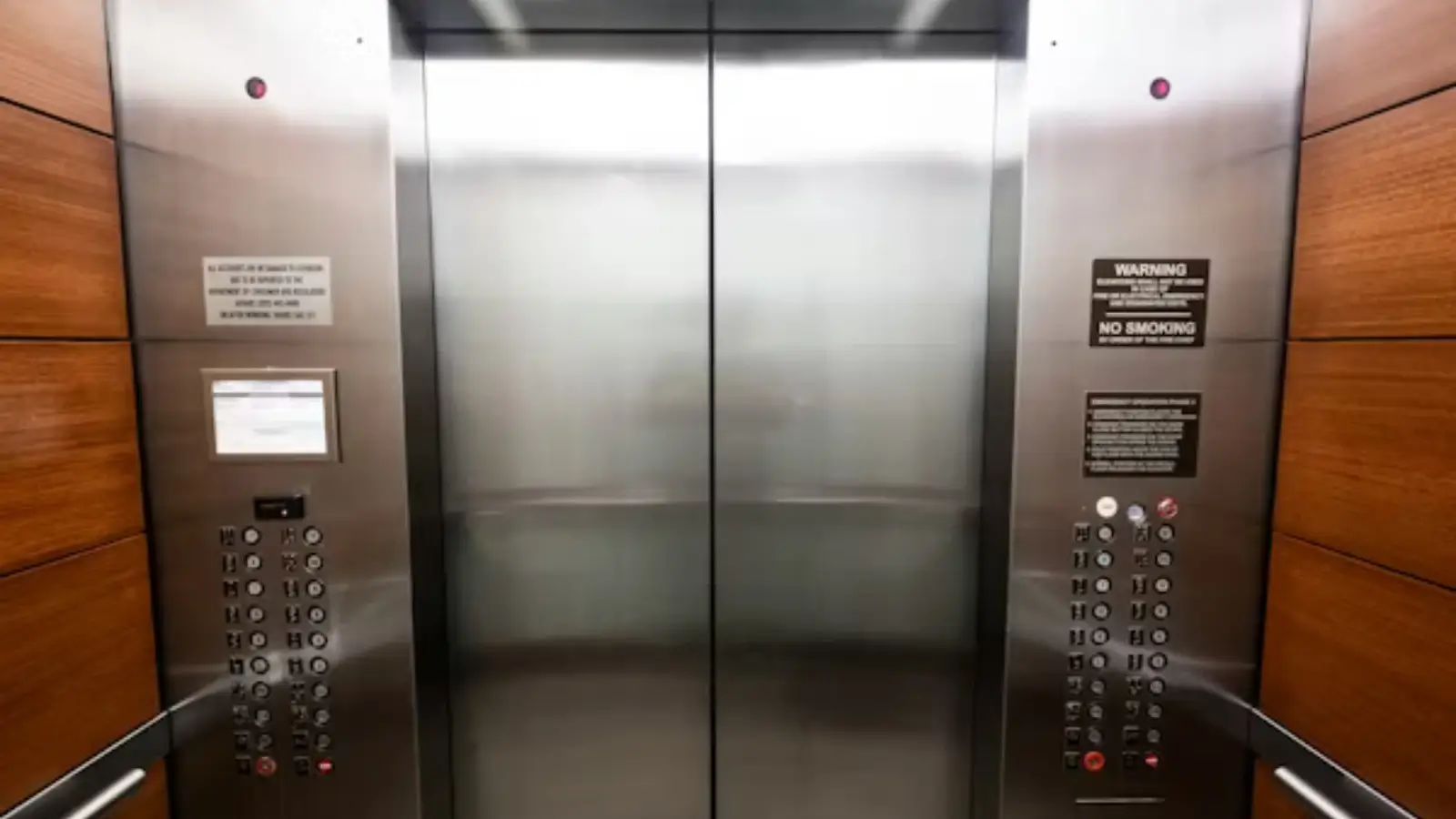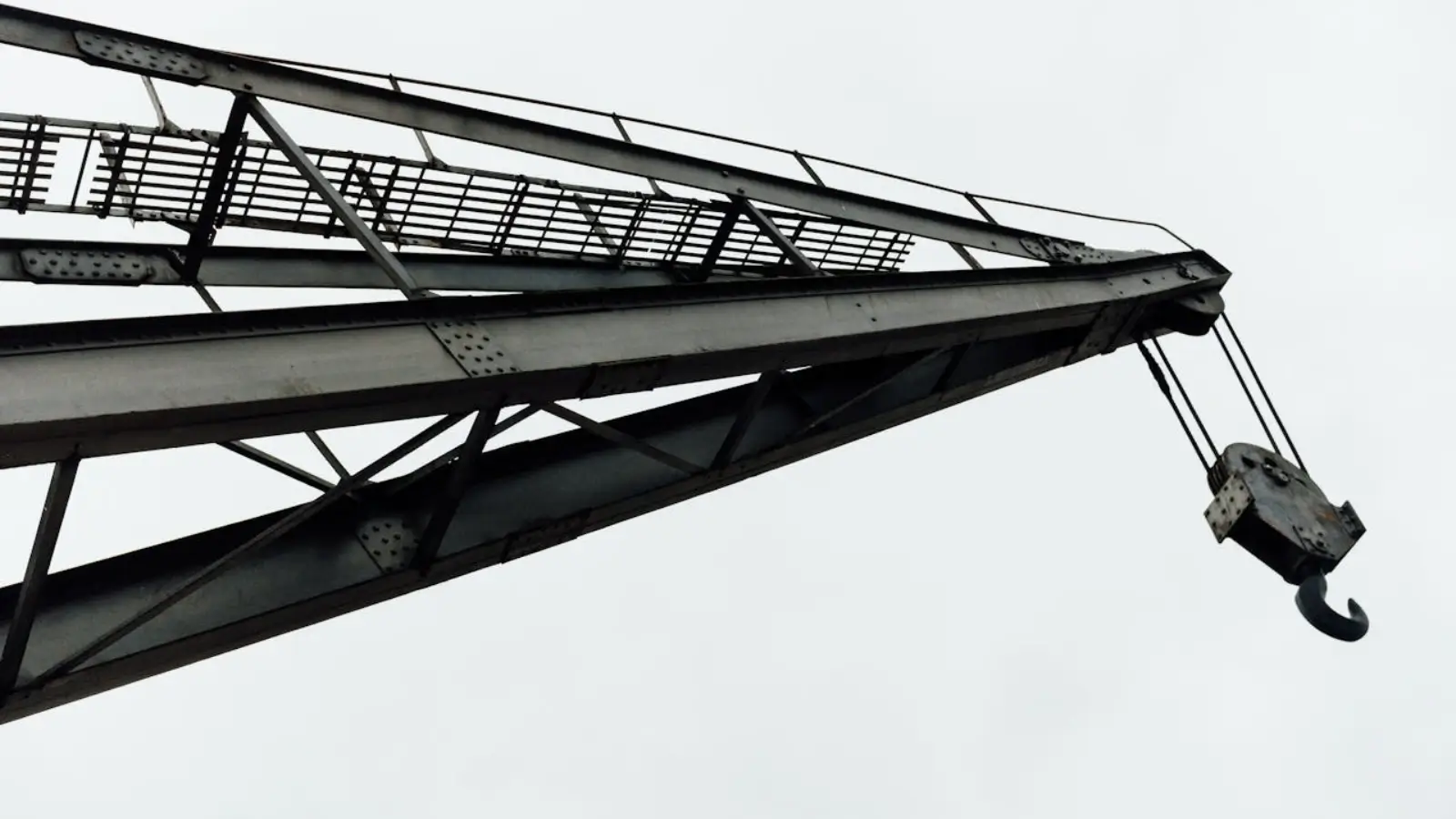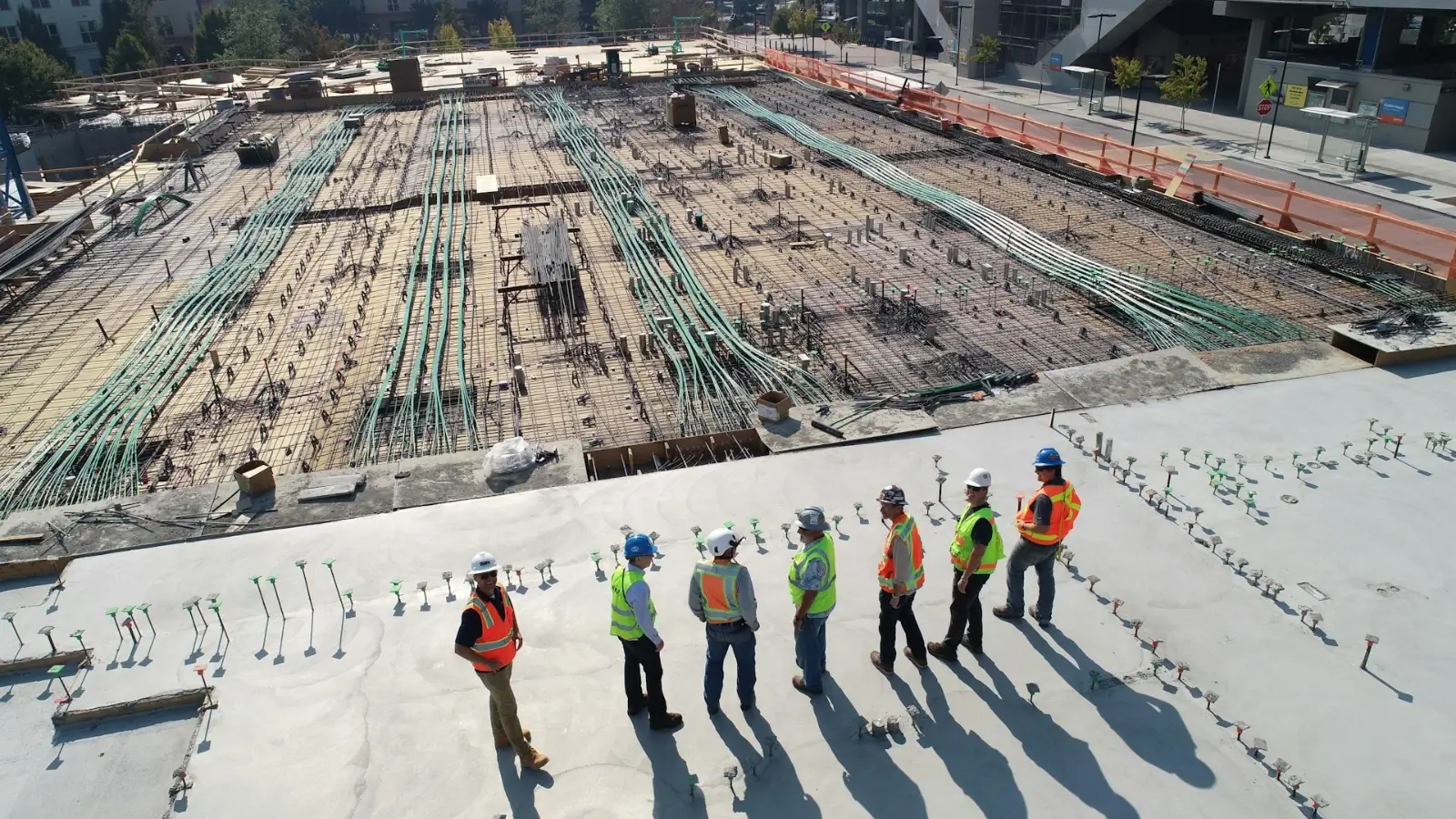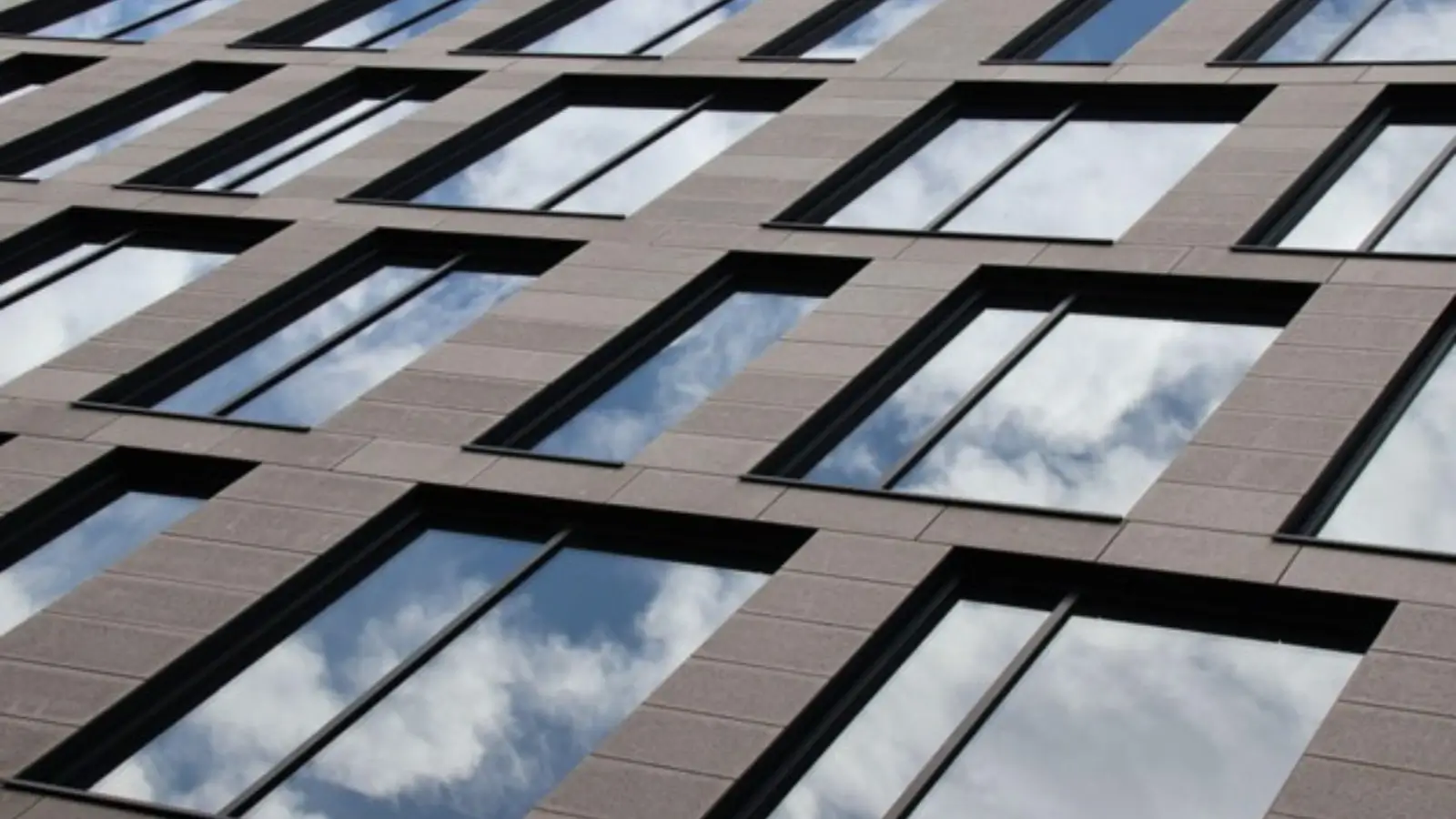You're lying in bed, just about to fall asleep, when a hum, a clunk, or a gurgle interrupts the silence. Your pipes are making noise again—but what’s going on? Strange sounds from your plumbing system are more common than you'd think. From soft humming to loud banging on the walls, each sound has a physical cause. Understanding these sounds helps you know when it's just normal pipe behavior or when it's time to call a plumber.
Common strange sounds in plumbing systems
Water hammer – the loud bang that startles you
A loud bang after shutting off a faucet quickly is a common complaint. It’s called a water hammer. It happens when flowing water is forced to stop or change direction suddenly, creating a shockwave inside the pipe. Older homes or systems without modern protections like arrestors are especially prone to this. A plumber can install water hammer arrestors or update your system to handle this pressure more quietly.
Gurgling drains – the plumbing’s way of sighing
That odd gurgling sound when draining a sink or tub usually means air is trapped in the pipes. This might come from a partial clog, poor venting, or blocked drainage. Air pockets fight to escape as water moves, causing those bubble-like sounds. If left unchecked, it can lead to slower drainage or even backflow. A plumber can clear the blockage or check the vents to bring things back to normal.
Whistling faucets – a plumbing high note
Sometimes when you turn on the water, you hear a high-pitched whistle. This isn’t your imagination. Whistling often comes from restricted flow, which could be due to mineral buildup, a worn-out washer, or too much pressure. Cleaning or replacing the aerator may fix it. If not, a plumber can look deeper into valves or pipe fittings.
Why do these sounds get louder at night
It’s not just the pipes—it’s the silence
Nighttime is when your home is the quietest. There’s less background noise to mask the small sounds your plumbing system makes.
Thermal expansion in pipes
As the house cools, metal pipes contract. This natural temperature change can cause creaks and pops, especially in homes with older or metal-based plumbing systems. These sounds are usually harmless but can be quite loud.
Nighttime water use triggers noises
Running water-heavy appliances like dishwashers or showers late at night can trigger noises in your plumbing. If there’s even a small air pocket or a weak joint in the pipe, the pressure from flowing water can lead to vibrations or odd sounds.
The science behind your pipes
Water flow and pipe design
Your pipes are channels for water under pressure. When the flow is suddenly disrupted, shockwaves bounce around the system. If the pipe design doesn’t allow for this, or if fittings are loose, those waves turn into sound—bangs, rattles, or hums.
Air pressure and venting systems
Plumbing systems need air to work correctly. Vents allow air to enter and exit, which balances the pressure. If those vents are blocked, trapped air tries to escape through the drains. That’s where the gurgling and sucking noises come from. A plumber can check the roofline vents and ensure they’re clear of debris or nests.
Pipe material matters
Older houses often have copper or galvanized steel pipes. These materials conduct sound more easily than plastic. Modern materials like PEX or PVC are quieter. If your system is loud, a plumber might suggest updates to reduce the overall noise.
What can you do before calling a plumber
Check for easy fixes
Before picking up the phone, try a few quick fixes. Clean the aerators on your faucets. Tighten brackets that hold the pipes in place. If your home has a water pressure valve, make sure it’s not set too high. These simple steps can solve many noise problems.
Use water at different times
If you notice the pipes only make noise when you run appliances at night, try shifting your schedule. Running your dishwasher or doing laundry earlier might reduce the noise.
Don’t ignore ongoing issues
If you've tried everything and the noises persist, it's best not to wait. Some plumbing problems can get worse without warning. Calling a plumber early can prevent bigger and more expensive damage down the line.
Conclusion
The strange sounds your plumbing system makes at night might be mysterious, but they’re not random. From banging water hammer to humming pipes, these noises all have physical explanations.
Understanding where these sounds come from helps you take action. Some problems have simple fixes. Others require a trained plumber to diagnose and repair. Either way, don’t ignore what your home is trying to tell you. Those hums and gurgles may be harmless—or they may be the early signs of something bigger.
FAQs
Why do my pipes make a banging noise at night?
Banging sounds often come from water hammer, which happens when water flow stops suddenly. A plumber can fix this by installing shock absorbers or arrestors.
What causes my sink to gurgle when draining?
Gurgling usually means air is trapped in the drainpipe. This might be caused by a clog or poor venting. A plumber can clear the blockage and check the vent system.
Is it normal for pipes to hum at night?
Humming is common with high water pressure or loose pipes. While not dangerous, it should be checked to prevent wear and tear on the system.
Can I fix noisy plumbing myself?
In some cases, yes. Cleaning aerators, adjusting water pressure, or securing loose pipes can reduce or stop the noise. But if the problem continues, it’s time to call a plumber.
















